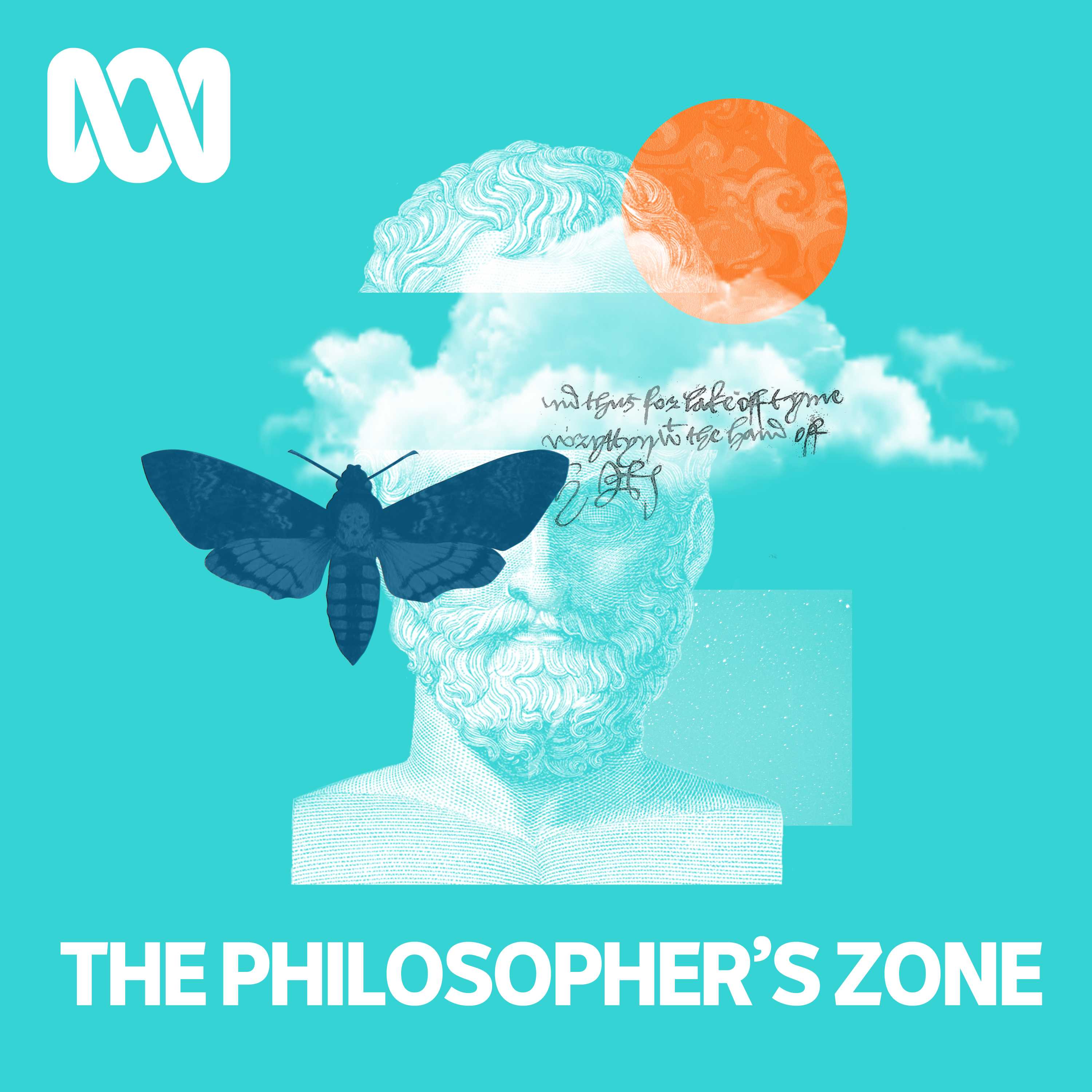

Philosopher's Zone
ABC
The simplest questions often have the most complex answers. The Philosopher's Zone is your guide through the strange thickets of logic, metaphysics and ethics.
Episodes
Mentioned books

Mar 8, 2023 • 30min
Women philosophers in antiquity
If you don't know much about women philosophers in the ancient Graeco-Roman world, you have a good excuse. They're known to have existed, but hardly any of their works have survived, and historical accounts of their lives tend to come from biographies written by men. This week we try to unravel the mystery.

Mar 5, 2023 • 30min
Moral creativity
This week we're exploring the concept of moral creativity - a virtue that can be useful when it comes to negotiating the grey areas in our modern moral universe.

Feb 23, 2023 • 30min
Tradition, modernity and crisis in Ukraine
How can learning flourish in a time of war? Since the Russian invasion of Ukraine in January 2022, thousands of scholars have fled or been displaced, while nearly 200 institutions of higher education have been damaged or destroyed. This week we explore the possibilities for supporting and restoring the academy, and the role of Ukrainian intellectual traditions in resistance.

Feb 16, 2023 • 30min
The lessons of failure
As much as we dislike thinking about it, failure is deeply embedded within everything we do and everything we are. From our politics to our bodies, the salient feature is that it all falls apart sooner or later. Failure has inspired a million depressing songs and poems - but it's also fertile ground for philosophy, and for some unexpectedly positive reflections.

Feb 10, 2023 • 30min
A Buddhist perspective on the ethics of violence
For philosopher Martin Kovan, the resources within Buddhism provide an analytical means to gain new perspectives on violence. His book is A Buddhist Theory of Killing: A Philosophical Exposition.

Feb 2, 2023 • 30min
On being a minority in philosophy
What challenges come with being a minority in philosophy?

Jan 24, 2023 • 30min
Skilled performance and cognition
When a tennis pro lunges for a difficult drop volley, or a concert cellist rips through the difficult section of a Bach suite, are they thinking about what they're doing? Some would say that elite physical performance is essentially a mindless phenomenon, and that thinking is counterproductive to success. But the reality is more complex - and more interesting.

Jan 17, 2023 • 30min
China, Confucius and the courtyard
For more than three millennia, most buildings in China were configured around a central courtyard. This week's guest believes that the courtyard helps us to understand Chinese society and culture, as well as Confucian philosophy. Today, with increasing numbers of people living in urban apartment buildings, the courtyard has become something of a period piece. What does this tell us about Chinese thought and identity in the modern world?

Jan 10, 2023 • 30min
Values and goals
The recipe for living well is simple: develop a morally sound set of values, formulate goals rooted in those values, and achieve those goals. But beneath this basic formula there lurks a number of tricky questions.

Jan 3, 2023 • 30min
Pop, philosophy and politics
When philosophy turns its attention to music, it's traditionally an exercise in high culture. Questions about the nature and function of music are often explored with reference to an established canon of "serious" music – while pop finds itself relegated to the margins. This week we're getting serious about pop, and exploring the ways that the compositional and sonic structures of pop music reflect the social and political structures of the broader culture.


